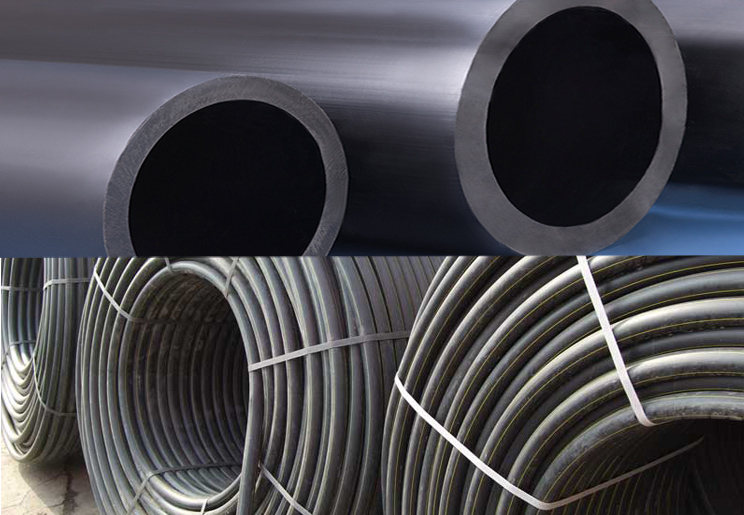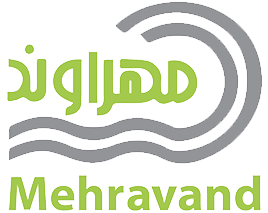
Modern irrigation systems give maximum productivity and efficiency from water, and play an important role in the production of agricultural products. One of the main elements in the modern irrigation system is the use of polyethylene pipes to transport water. In this article, we will examine the features and benefits of using ldpe pipe (low density polyethylene pipe) and we will examine how to improve the efficiency of irrigation systems using this type of pipe. Follow the Mehravand blog and if you have any questions, you can ask in the comments section of this section.
Characteristics of polyethylene irrigation pipe
Irrigation polyethylene pipes have been considered as a cost-effective and efficient solution for transferring water in irrigation systems. Features such as flexibility, corrosion resistance, non-blocking and high pressure resistance are prominent features of these pipes. For irrigation applications, in addition to these features, polyethylene irrigation pipe has various methods for optimal use of water and reducing water wastage.
Advantages of using polyethylene irrigation pipe
1. Flexibility:
Irrigation polyethylene pipes have a very high flexibility, which means the flexibility of irrigation polyethylene pipes means the ability to bend and vary the length and shape of the pipe. This feature allows farmers to bend pipes easily without the need for fittings. Or in a better way, let the water flow near the roots of trees and plants.
2. Corrosion resistance:
Irrigation polyethylene pipes are highly resistant to corrosion and environmental effects. This important feature allows it to be used in different soil conditions, including soils with high pH or high water chemical content.
3. No obstruction:
Irrigation polyethylene pipes are less likely to get blocked due to their inner surface. This feature means reducing the possibility of clogging of soil particles, sediments and other pollution inside the pipe. In this way, the water flow is maintained in a more stable manner and the performance of the irrigation system is improved.
4. Ability to withstand high pressure:
Irrigation polyethylene pipes have high pressure tolerance. This feature allows water to be transported over a long distance, which allows farmers to move water to far away places on their land.
Improving the efficiency of irrigation systems using polyethylene irrigation pipe
1. Optimization of water distribution:
The use of polyethylene irrigation pipe allows farmers to directly direct water near the roots. By properly adjusting the slope and height of the pipes, water is spread evenly and without wastage on the surface of the ground and water wastage is prevented.
2. Reducing water wastage:
Polyethylene irrigation pipe with features such as corrosion resistance and non-clogging helps to reduce water wastage. These pipes have the lowest amount of water penetration and prevent water evaporation and sweating as much as possible. This leads to saving water consumption and increasing the efficiency of the irrigation system.
3. Increasing accuracy and control:
The use of polyethylene irrigation pipe allows farmers to accurately control the amount of water based on the need and type of product. By accurately adjusting water flow and pressure, they can use appropriate and optimal irrigation for each product and minimize the amount of water consumed.
4. Cost reduction:
Using polyethylene irrigation pipe allows farmers to reduce their costs. Polyethylene irrigation pipes require less maintenance due to their high corrosion resistance and long life. In addition, improving the efficiency of the irrigation system saves water, energy and fertilizer, which ultimately reduces agricultural costs.
Conclusion:
The use of polyethylene irrigation pipe in irrigation systems greatly affects the improvement of efficiency and productivity. Features such as flexibility, corrosion resistance, non-clogging and high pressure resistance, allow farmers to make significant improvements in water supply and reduce water wastage for their crops. Also, improving the efficiency of the irrigation system by using these pipes leads to the reduction of costs and the economic improvement of farmers. Therefore, the use of irrigation polyethylene pipe is recommended as an effective way to improve irrigation systems.



